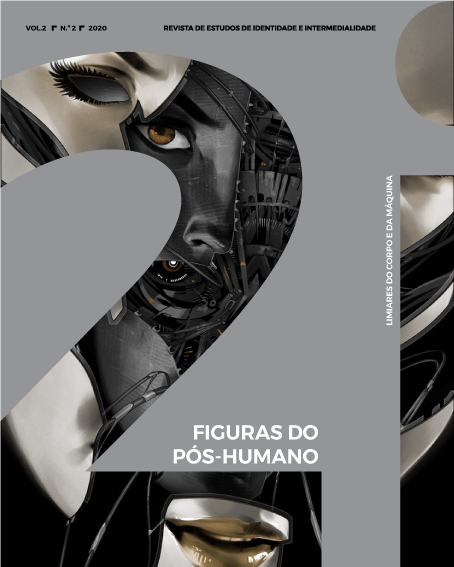“Clandestine refugees”, men or animals?
For an ethics reconciling the “animal cause” and the “migration crisis”.
DOI:
https://doi.org/10.21814/2i.2661Keywords:
Ethics, animal, refugees, biopoliticsAbstract
In the mains European countries, the activists of the "animal cause" are re-examining the legal, political and philosophical terminology relating to animals. They criticize specially the anthropocentric nature of certain notions justifying and extending the exclusion of animals from the sphere of moral consideration. While there is a demand for animal rights, in these same countries, the lack of social recognition and legal protection condemns migrants to nomadism and to clandestinity. This work aims to illustrate how the lack of fundamental rights among "illegal refugees" demeans humans to the animal state. A demeaning showing that the vulnerability of human and animal lives is beyond species. An essential element to build a new ethics considering as equal the men and the animals, a humanimalistic ethics.
Downloads
References
Agamben, G. (1997). Homo sacer. 1, Le pouvoir souverain et la vie nue. Paris: Seuil.
---------------. (2006). L’ouvert : De l’homme et de l’animal. Paris: DL 2006.
Arendt, H. (1973). The origins of totalitarianism. New York: Harcourt Brace Jovanovich.
Bentham, J. (2017). An Introduction to the Principles of Morals and Legislation. Mineola: Dover Publications Inc.
Cavalieri, P. (2001). The animal question : Why nonhuman animals deserve human rights. Oxford: Oxford University Press.
Chattopadhyay, S. (2019). Borders re/make Bodies and Bodies are made to make Borders : Storying Migrant Trajectories. ACME, 18 (1), pp. 149-72.
Darwin, C. (1977). The collected papers of Charles Darwin. Chicago: University of Chicago Press.
Foucault, M. (1975). Surveiller et punir : Naissance de la prison. Paris: Gallimard.
Francione, G. L. (2015). Introduction au droit des animaux : Votre enfant ou le chien ? (L. Gall, Trad.). Lausanne: L’Âge d’Homme.
Hutzel, A. (2019). Les mécanismes stabilisateurs de l’idéologie spéciste in Allemagne d’aujourd’hui, N° 230 (4), 157-78.
Le Trosne, G.-F. L. (1764). Mémoire sur les vagabonds et sur les mendiants. Paris: P. G. Simon.
Mbembe, A. (2018). La démondialisation. Esprit, (12), 86-94.
Pestre, É. (Éd.). (2014). La vie psychique des réfugiés. Paris: Ed. Payot & Rivages.
Singer, P. (1977). Animal liberation : A new ethics for our treatment of animals Nex York: Avon Books.
Waal, F. B. M. de. (2013). L’âge de l’empathie : Leçons de la nature pour une société solidaire. Arlès: Babel.
Wannesson, P. (2015). Une Europe des jungles in Plein droit, n° 104(1), 18‑21.
Published
Versions
- 2020-12-03 (3)
- 2021-05-04 (2)
- 2021-05-04 (1)
How to Cite
Issue
Section
License
Copyright (c) 2020 Journal 2i: Identity and Intermediality Studies

This work is licensed under a Creative Commons Attribution-NonCommercial 4.0 International License.


.jpg)










